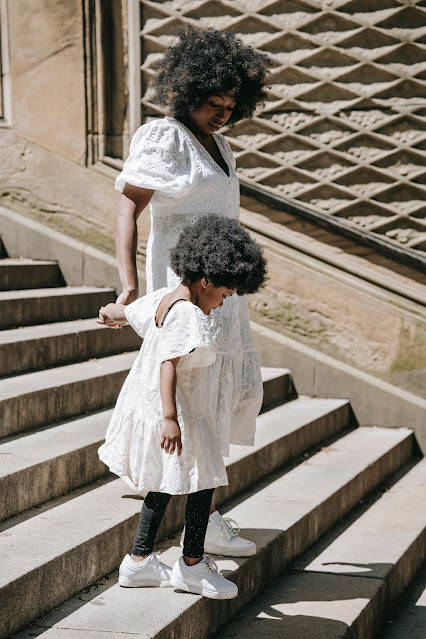Children Safety Tips within the House.
The bathroom
Lock medicines away safely. they must be in well-labelled, child-resistant containers. Remember that being child-resistant does not imply child-proof. you must always check what you're giving, and everyone old medicines should run back to the pharmacist or flush down the restroom. use caution about medicines which can be in houses that you simply are visiting.
According to Adam Whittington, Non-slip flooring could be a sensible precaution, as could be a non-slip mat within the bath for young children. Never use portable electrical appliances within the bathroom, but an electrical shaver with its shaver point. Lights should have pull cords, not wall switches. Scissors, razors, tweezers and manicure equipment should be locked away or kept out of reach.
The kitchen
The kitchen may be a potentially hazardous place for a baby. except making it as safe as you'll be able to, teach her as she grows older to be wary of kitchen appliances and never to show on or play with electrical gadgets. Safety catches will keep toddlers out of low cupboards and drawers.
Sharp knives and plastic bags should be kept out of reach. If you employ a tablecloth, buy special securing clips for it if you've got a young child who could pull it off the table. Keep hot drinks and teapots out of reach.
It is simple to fall on highly polished or wet floors, so either doesn't polish floors or use a non-slip polish if you've got a toddler running around, and mop up spills directly. The kitchen could be a convenient place to stay your tending box as long as it's out of your child's reach and not anywhere that's steamy.
The hall, stairs and landing
It's easiest to own two safety gates, one at the highest and one at the underside of the steps, though one will do if you progress it to whichever floor you and your crawling baby or young toddler are on.
A baby has to learn the way to address stairs, but she needs you along with her as she crawls up and slides down backwards on her tummy and later tries walking up one step at a time.
Certify the stair carpet is securely fixed and not frayed which a mat or rug at the underside of the steps contains a non-slip backing if it's on a smooth floor.
Don't carry a toddler up or downstairs if you're carrying anything, if you're in socks or tights because you may so easily slip, or if you're wearing an extended dress you'll trip over. Never leave things lying on the steps, and check out to form sure stairs and landings are well lit.
The front room
Check that free-standing furniture cannot be pulled or pushed over, and do not make the common mistake of positioning a mirror over the hearth because clothes can so easily conflagrate when someone is looking in a mirror.
Try to get into the habit of checking the lounge each time your baby or toddler is in there. When an area is in constant use, small dangerous objects is also brought in there without your knowledge.
Plastic record sleeves are a possible reason behind suffocation, and needles, pins and scissors in your outfit make fascinating but hazardous playthings, so put them out of reach.
If you've got trailing house plants, put them on a shelf high enough that a toddler can't pull the entire pot down on her head. ensure heavy ornaments are a stream of her reach said "Adam Whittington".
Tips
- Never leave a baby alone within the bath, however little water there's.
- Never leave a young child alone with an unguarded fire.
- Never assume that your child is going to be safe in someone else's home. Have an honest shop around to create sure.
- Never put household chemicals in old bottles or unmarked bottles.
- ensure cleaning equipment and household chemicals are kept somewhere out of reach of kids, including once they are in use.
- Never let a baby play with a pet's bowl, bedding or litter tray. Children can catch worms from dogs and cats.






Comments
Post a Comment